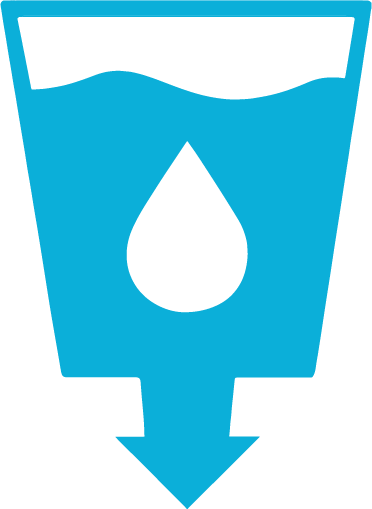Subsidy for the first safe and sustainable home, for families on the margins of dignity or at risk. Furthermore, the support and promotion of isolated populations, lacking sanitation and electrification assistance, through the implementation of ecological bathrooms, the capture of groundwater and the implementation of electrical energy generation and storage systems, for pumping, lighting, refrigeration and irrigation.
In addition, we also seek to bring support and promotion to isolated populations, lacking sanitation and electrification assistance, through the implementation of ecological bathrooms, capture of groundwater and implementation of electrical energy generation and storage systems, for pumping, lighting, refrigeration and irrigation.
For human and social development actions, the Oakpar Foundation is based on the Sustainable Development Goals stipulated by the UN, establishing its operations without borders, with its main goal being to carry out projects for a better future.



6.1 By 2030, achieve universal and equitable access to safe drinking water for all.
6.2 By 2030, achieve access to adequate and equitable sanitation and hygiene for all, and end open defecation, with special attention to the needs of women and girls and those in vulnerable situations.
6.4 By 2030, substantially increase water use efficiency across all sectors and ensure sustainable withdrawals and supplies of fresh water to address water scarcity, and substantially reduce the number of people suffering from water scarcity.
3.3 By 2030, end the epidemics of AIDS, tuberculosis, malaria and neglected tropical diseases, and combat hepatitis, waterborne diseases, and other communicable diseases.
3.9 By 2030, substantially reduce the number of deaths and illnesses from dangerous chemicals, contamination and pollution of air and water.
2.1 By 2030, end hunger and ensure access for all people, in particular the poor and people in vulnerable situations, including children, to safe, nutritious and sufficient food throughout the year.
2.3 By 2030, double the agricultural productivity and income of small food producers, particularly women, indigenous peoples, family farmers, pastoralists and fishermen, including through secure and equal access to land, other productive resources and inputs, knowledge, financial services, markets and opportunities for value addition and non-agricultural employment.
2.4 By 2030, ensure sustainable food production systems and implement resilient agricultural practices that increase productivity and production, that help maintain ecosystems, that strengthen the capacity to adapt to climate change, extreme weather conditions, droughts, floods and other disasters, and that progressively improve the quality of land and soil.
1.5 By 2030, build the resilience of the poor and those in vulnerable situations, and reduce their exposure and vulnerability to climate-related extreme events and other economic, social and environmental shocks and disasters.
12.2 By 2030, achieve sustainable management and efficient use of natural resources.
12.8 By 2030, ensure that people everywhere have relevant information and awareness for sustainable development and lifestyles in harmony with nature.
11.1 – By 2030, guarantee everyone’s access to safe, adequate and affordable housing and basic services and upgrade favelas.
11.3 – By 2030, increase inclusive and sustainable urbanization, and capacities for the planning and management of participatory, integrated and sustainable human settlements, in all countries.
11.5 – By 2030, significantly reduce the number of deaths and the number of people affected by disasters and substantially reduce the direct economic losses caused by them in relation to global gross domestic product, including water-related disasters, with a focus on protecting poor and people in vulnerable situations.
11.7 – By 2030, provide universal access to safe, inclusive, accessible and green public spaces, particularly for women and children, elderly people and people with disabilities.
11.a – Support positive economic, social and environmental relations between urban, peri-urban and rural areas, reinforcing national and regional development planning.
11.b – By 2020, substantially increase the number of cities and human settlements by adopting and implementing integrated policies and plans for inclusion, resource efficiency, mitigation and adaptation to climate change, resilience to disasters; and develop and implement, in line with the Sendai Framework for Disaster Risk Reduction 2015-2030, holistic disaster risk management at all levels.
11.c – Support least developed countries, including through technical and financial assistance, for sustainable and resilient construction, using local materials.
10.2 By 2030, empower and promote the social, economic and political inclusion of everyone, regardless of age, gender, disability, race, ethnicity, origin, religion, economic or other condition.
10.3 Ensure equal opportunities and reduce inequalities in outcomes, including through the elimination of discriminatory laws, policies and practices and the promotion of appropriate legislation, policies and actions in this regard.
7.2 – By 2030, substantially increase the share of renewable energy in the global energy matrix.
16.1 Significantly reduce all forms of violence and related mortality rates everywhere.
13.1 Strengthen resilience and adaptive capacity to climate-related risks and natural disasters in all countries.
13.3 Improve education, increase awareness and human and institutional capacity on climate change mitigation, adaptation, impact reduction and early warning.